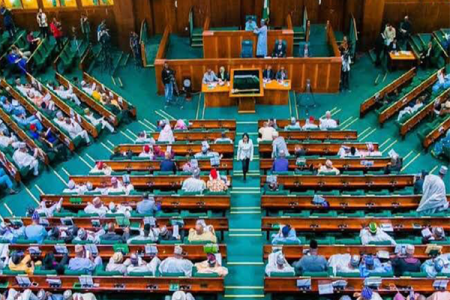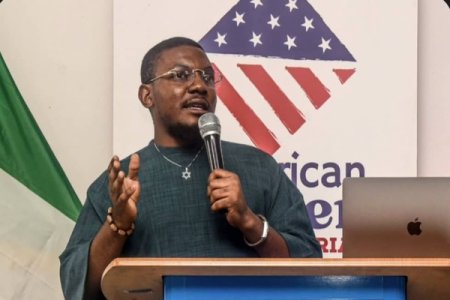
The House of Representatives has taken a significant step in addressing the economic hardships faced by Nigerian workers by establishing an ad-hoc committee to explore the implementation of living wages. The move follows the unanimous adoption of a motion sponsored by 40 members, led by Aliyu Sani Madaki (NNPP, Kano), who highlighted the adverse impact of rising inflation on the citizens' ability to afford basic necessities.
Madaki emphasized the commitment of Nigeria to the United Nations Universal Declaration on Human Rights, specifically Article 23, which advocates for just and favorable remuneration for all workers. The Sustainable Development Goals (SDGs), with a 2030 achievement deadline, also underscore the necessity of a living wage to attain eight out of the 17 goals.
The motion reflects concerns about the escalating cost of living in Nigeria, exacerbated by inflation, despite the recent wage adjustments and palliatives offered after the removal of the fuel subsidy in May 2023. Madaki argued that the prevailing economic conditions necessitate a living wage, citing a World Bank report on low purchasing power contributing to increased poverty.
Reactions from Nigerians on social media reflect a mix of skepticism, frustration, and calls for action. Some question the feasibility of both government and private employers paying the proposed minimum wage, citing the financial struggles of states to meet the current N30,000 minimum wage. Others express concerns about the effectiveness of the government's past palliatives, suggesting that more immediate and pragmatic steps are required to uplift the income levels of Nigerians.
The unanimous adoption of the motion signals a recognition by the House of Representatives of the urgent need to address the economic challenges faced by Nigerian workers. As the resolution is set to be transmitted to the Senate for concurrence, the spotlight is now on whether this move will lead to tangible improvements in the income and living standards of the Nigerian workforce.




